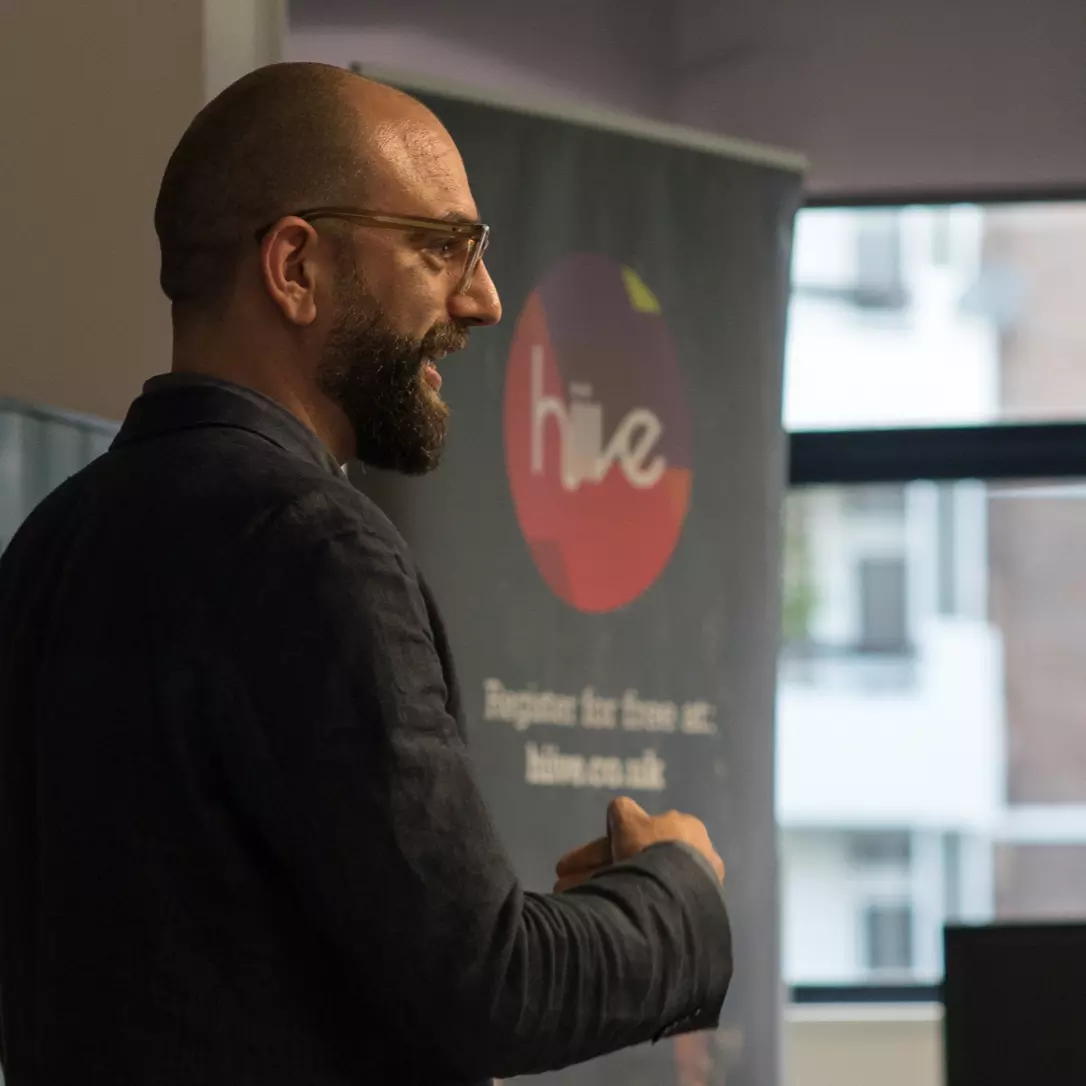Introduction
The “startup mindset” has evolved from a contrarian approach to business into a mainstream strategy for success. Once the domain of small, gritty companies, this mindset is now embraced by businesses of all sizes. Thanks to innovative companies like Facebook, Airbnb, and WeWork, the startup mentality has become entrenched in the modern business lexicon.
Those who adopt a startup mindset often see reduced overhead, increased revenue, improved customer experience, and the ability to attract top talent. Conversely, those who don’t adapt are often left behind. While the startup mindset is typically associated with agile tech firms, even older, more established corporations are now reaping the benefits of a lean mentality. In this article, we explore how companies are revolutionising their product and service propositions by thinking like startups.
What is the Startup Mindset?
The startup mindset is a methodical approach to getting products and services to customers quickly. Embodied in Eric Ries’ Lean Startup Method, this mindset helps business owners and managers pivot and adjust to consumer interests and demand.
The startup mindset revolves around a three-step process known as the “build, measure, learn” feedback loop:
Build – Create a minimum viable product (MVP) based on a set of assumptions.
Measure – Launch the MVP and measure outcomes based on those assumptions.
Learn – Accept or reject your initial hypothesis and iterate on the MVP.
This loop is continuous, allowing businesses to create, launch, learn, and iterate on their products, refining them based on real-world feedback.
What is the Lean Mentality?
Also known as the lean mentality, the startup mindset encourages businesses to think lean, getting products or services to market with surprising speed. This approach forces businesses to operate within tight budgets, solve problems creatively, and maximise operational effectiveness.
By focusing on streamlining processes, removing unnecessary features, and optimising operations, companies can release MVPs, learn from customer feedback, and continually improve their offerings. Over time, core features are refined, and new features are added until customer satisfaction is achieved.
How Established Corporates Adopt a Startup Mindset
Many established companies are now adopting a startup mindset. Here’s how they’re doing it:
Creating Innovation Labs
Innovation labs are modern R&D departments, pioneered by some of the world’s largest banks as fintech incubators and startup accelerators. These labs receive substantial investment in terms of funding, manpower, and tech-savvy office spaces.
For instance, Deutsche Bank has four innovation labs, each focused on different areas like artificial intelligence, cloud technology, and cybersecurity. These labs help banks adapt to the rapidly changing financial landscape. The Financial Brand highlights the top seven innovation labs, showcasing how banks use these labs to stay ahead.
Adopting Innovation Accounting Practices
Innovation accounting is a new approach to financial management that focuses on defining, measuring, and communicating innovation progress. Unlike traditional accounting, which relies on historical data, innovation accounting measures new product success using indicators like user engagement rather than sales.
This method helps established companies measure the success of innovative projects, ensuring they don’t mistakenly deem them failures based on outdated metrics.
How the Startup Mindset Leads to Success
The startup mindset helps companies create the best products and services based on real market data. Here are four distinct benefits:
Decreases Time to Market – An MVP reduces the time between idea inception and product launch, helping companies grab market share quickly.
Decreases Operational Costs – A lean approach streamlines resource management, reducing costs by focusing on essential features.
Improves Customer Experience – By releasing MVPs and collecting real-time feedback, companies can better serve their customers.
Increases Organisational Effectiveness – Streamlined processes and reduced overhead lead to a more efficient and effective organisation.
Things to Avoid When Adopting a Lean Mentality
Adopting a lean mentality isn’t always straightforward. Here are three things to avoid:
Don’t Be Cheap – Focus resources on important areas rather than cutting costs indiscriminately.
Don’t Rely on Large Consultancies – Frameworks like the Scaled Agile Framework won’t transform a slow-moving company overnight. Julian Browne’s article is a great read on this topic.
Don’t Forget to Align Processes – Ensure all company processes, including procurement, align with the agile approach to avoid bottlenecks.
Don’t Be Afraid of Failure – Embrace failure as part of the learning process. Failure is not the goal, but it is an opportunity to improve.
Conclusion
The startup mindset is beneficial for companies of all sizes. It’s becoming increasingly common for larger, established corporations to adopt a lean mentality and startup mindset, leading to more innovation in shorter timeframes.
As Julian Browne says, “Stop planning things a year in advance. Stop estimating huge programmes of work you don’t understand. If it’s not clear what the customer wants, then don’t do it. Do something that does have a clear value or economic benefit instead.”
Embracing the startup mindset can transform your business, helping you innovate and succeed in an ever-changing market.
Share this article

Contact us to discuss how experience-led tech can make your digital work harder
Get in TouchRelated articles

Blog
6 Things Successful Freelancers Don’t Say
By Cohaesus. Apr 29, 2015

Blog
5 questions to ask before choosing your technical partner
By Cohaesus. Apr 05, 2016

Blog
7 Simple A/B Test Ideas to Start With
By Cohaesus. Sep 29, 2025

Blog
The Cohaesus Guide to Replatforming Your E-commerce Solution
By Cohaesus. Sep 29, 2025
